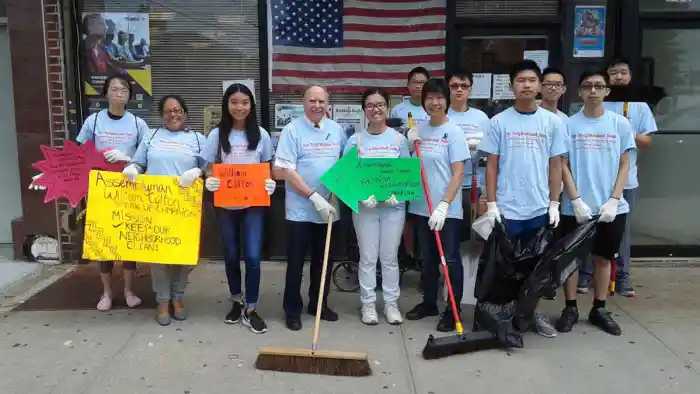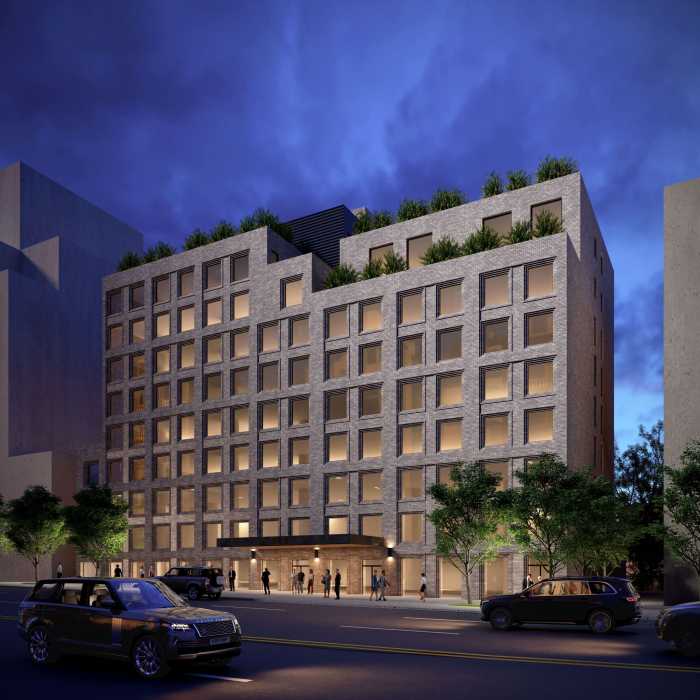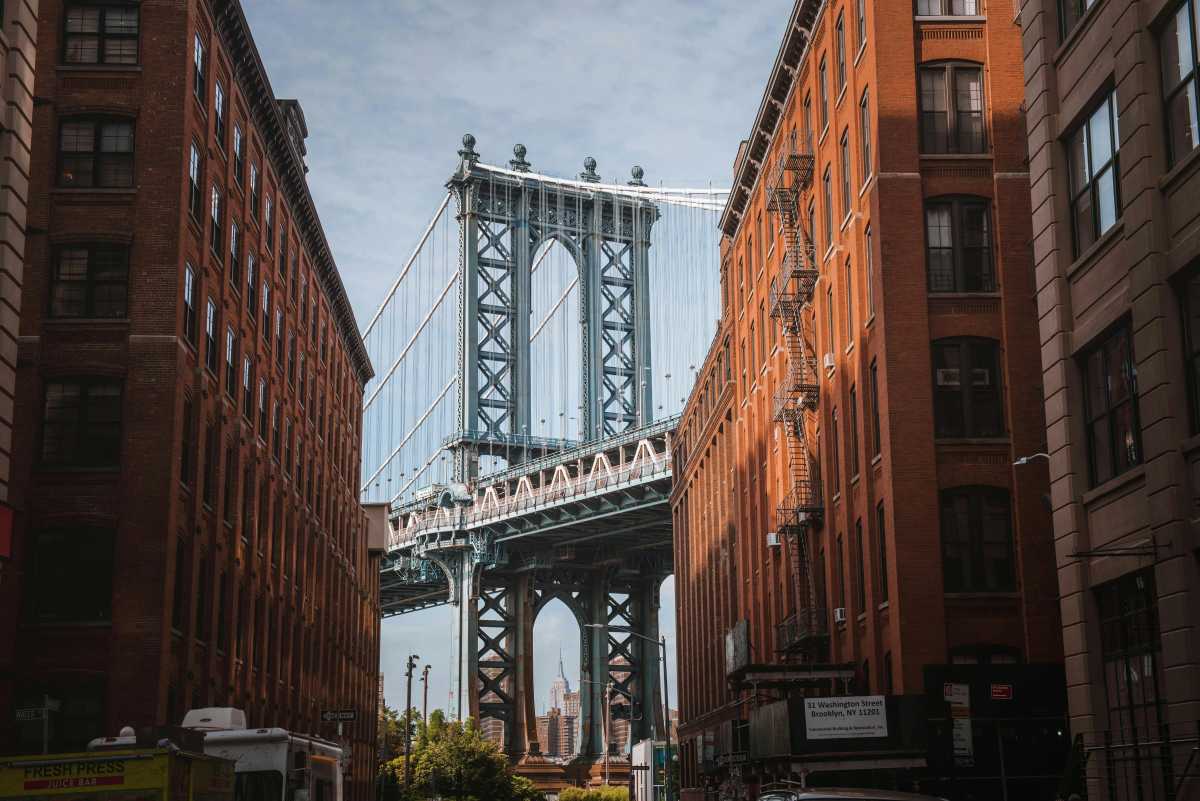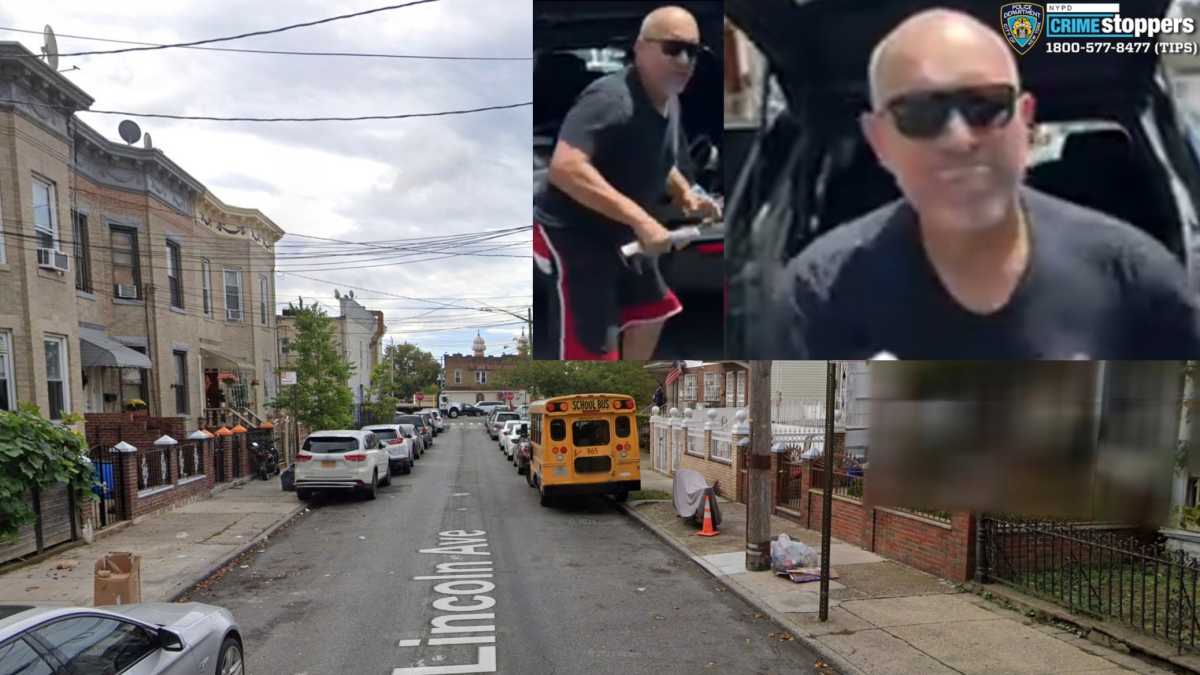To the editor,
Many Brooklynites have condemned the $400-million Barclays naming-rights deal for the proposed Nets arena. Even among supporters of the controversial Atlantic Yards development, this deal has caused anguish due to Barclays’ historical links to slavery and apartheid, among other past horrors.
Though these arguments are factually accurate, a sounder — though less-sensational — argument against the deal is this: using the arena to advertise this bank is contrary to the economic reality of most Brooklynites. Ordinary folk simply have no reason to care about Barclays’ boast that in 2006, it was named “Inflation Derivatives house of the year, Commodity Derivatives house of the year, and Currency Derivatives house of the year by Risk magazine.” Say what?
Forest City Ratner garnered support of many low-income African-Americans for its mega-development by promising jobs and housing. Yet by selling the naming rights to a foreign investment bank with nary a U.S. consumer branch, FCR has shown its true colors.
Suddenly, the project is revealed to be less about the poor kids who will grow up in its shadow (literally), and much more about unfathomably rich investors.
Decades ago, New York turned its back on industry in favor of real estate and finance. But the benefits of this shift are far from apparent in Brooklyn: despite generous incentives meant to keep it here, Pfizer just announced the closure of its historic Marcy Avenue plant. A stable job, with the hope of advancement, was once within reach for kids growing up in nearby housing projects. Not so anymore.
Who decided to shutter this plant, like so many others that offered livable wages to blue-collar workers across the city? Precisely the corporate financial managers Barclays hopes to impress with its Barclays Center.
Had authentic, honest dialogue about the goals of this project occurred, we might not be learning at this late date that Brooklyn’s road to jobs and housing passes through London’s financial district.
Stuart Schrader, Prospect Heights
The writer is the producer of the “Picketing Henry Ford” blog at www.stuartschrader.com/blog
Call him PR Vito
To the editor,
I am perpetually amazed at how political hacks like Rep. Vito Fossella, an admitted thief who stole money for his personal pleasures, can get re-elected. Fossella runs around with his music-stand podium, constantly taking credit for all the hard work that has been done by either the community board, local citizens or other elected officials.
He has developed a talent for being the Johnny-come-lately, who is there generating his personal public relations.
Community Board 10 fought for years to get the walkway along Shore Road repaired. When the asphalt finally collapsed, and the Corps of Engineers made repairs, they had to call him because he did not know anything about it, but he showed up to take all of the credit for getting work done.
He managed to put $7 million into a budget in Washington to help repair the 86th Street subway (which really needs over $44 million), but forgot to mention that the money is six years away from coming.
Now that the Owls Head sewage treatment plant has become a pressing issue, he commends the city Department of Environmental Protection in the process, even though it is failing to act timely or properly regarding the massive problems in and around the plant.
It is about time that the citizens and voters in Bay Ridge wake up to what is going on. We only have to suffer another two years at most, unless Washington goes after him over the money he stole. His ethics are the opposite of mine: they stink.
Allen Bortnick, Bay Ridge
The writer is a member of Community Board 10
NoGo mojo
To the editor,
I read Dana Rubinstein’s recent article “Slime fighters: Spiffed-up Gowanus is closer to reality” (Jan. 27) with interest. As a long-time resident of the area of North Gowanus, I was suprised that she didn’t use the more commonly used term “NoGo,” which has become somewhat of a standard among my neighbors.
We feel it’s the type of name, unlike Boerum Hill, that subtly resists gentrification.
Michael Freedman, Gowanus
























